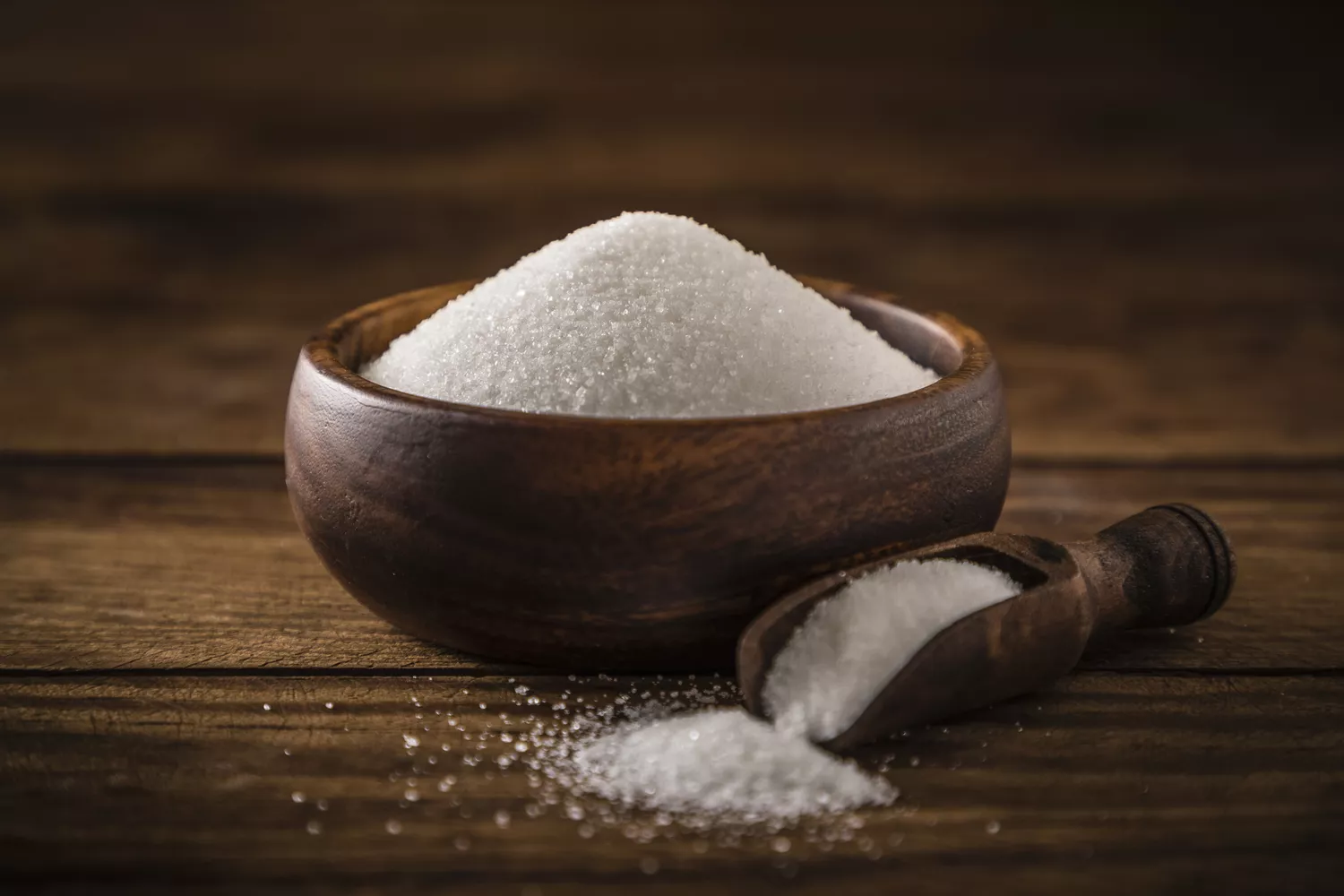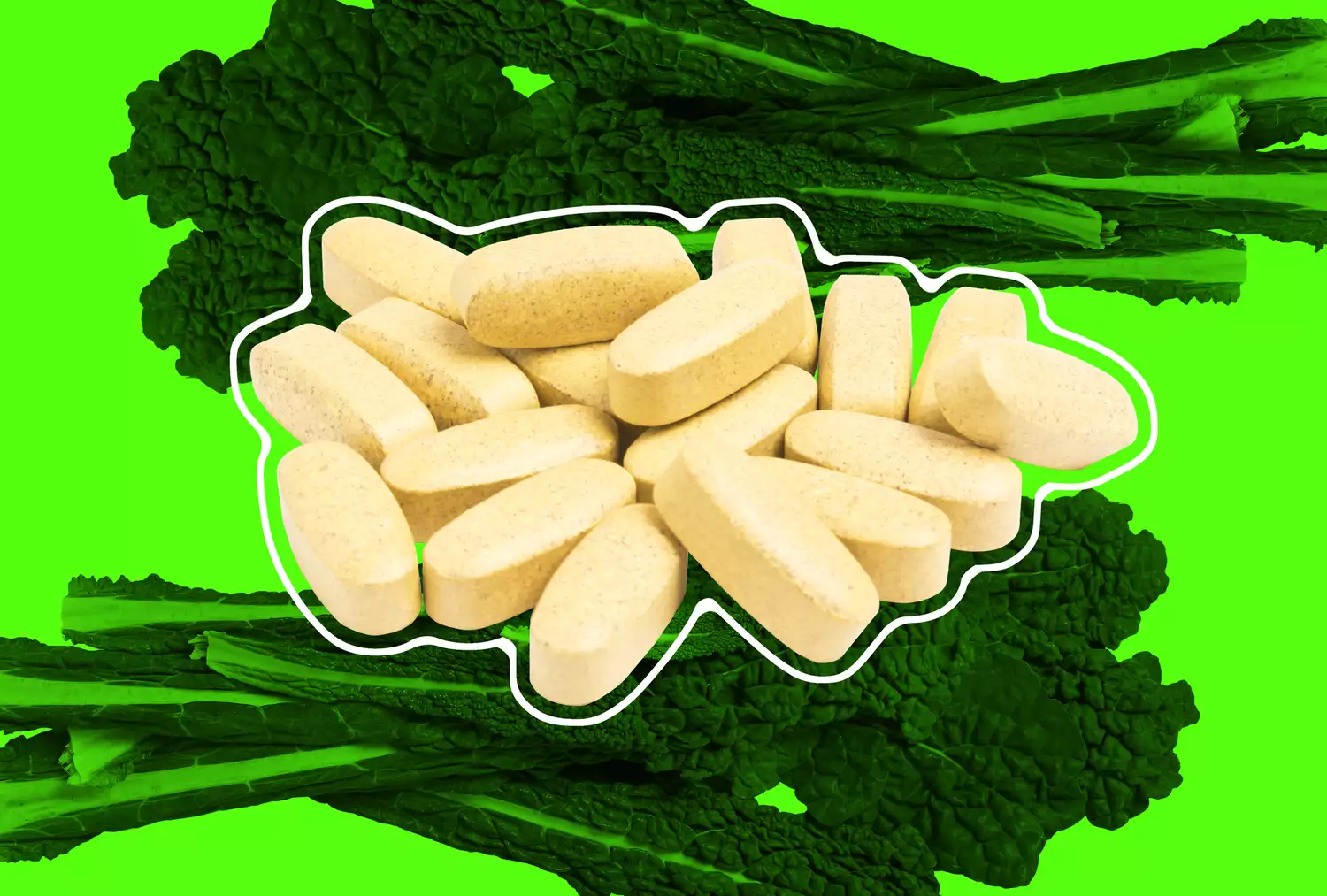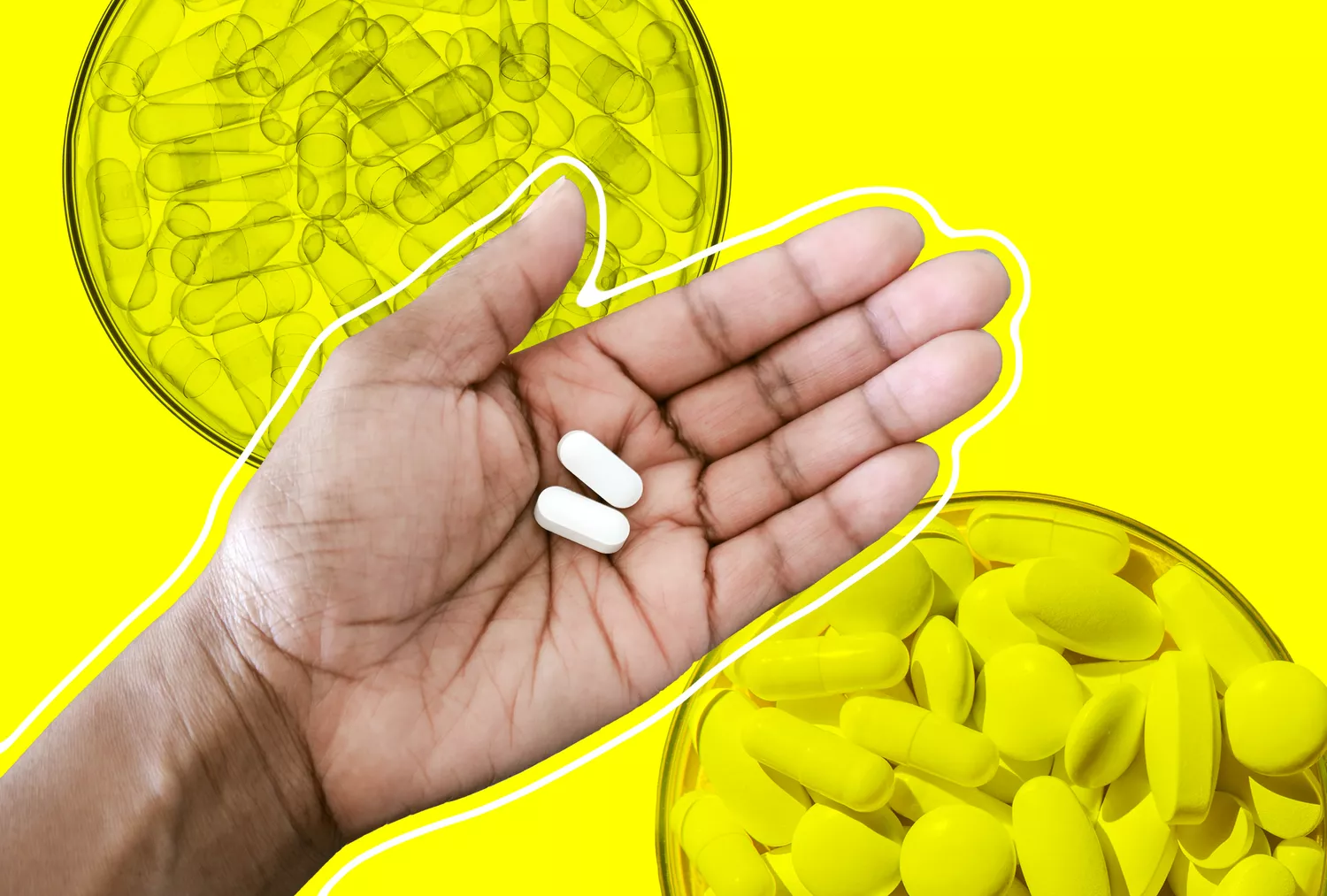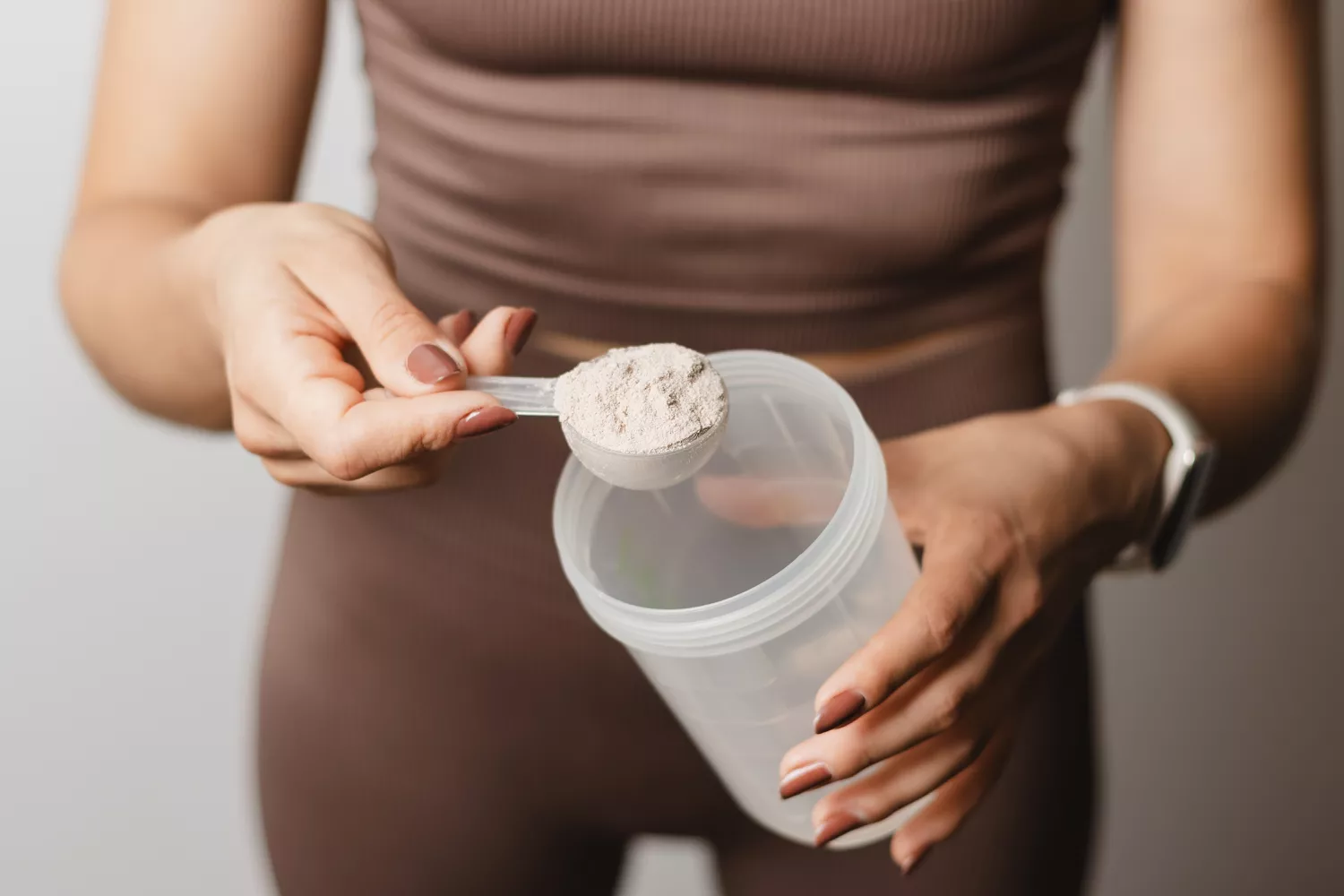Sweetening agents are popular among those seeking a sweet snack without sugar-filled calories. A number of sweetening agents are on the marketplace, yet sucralose and stevia take in most of the interest.
While they’re both zero-calorie sugar alternatives, the recurring debate about their security and performance has triggered a dispute on which is the much better choice. Below’s what you require to know about sucralose and stevia so you can make an informed choice.
Beginning and Resource
Recognizing where your sugar replacement originates from is very important. One item (sucralose) is produced from sucrose in a lab, whereas stevia is stemmed from plant leaves.
Sucrose is a chemical name for sugar naturally located in fruits, vegetables, and nuts. Sucralose is derived from sucrose in a multi-step chemical process that replaces three hydroxyl teams on the sucrose atom with chlorine atoms. This results in a compound that tastes sweet however has no calories.12.
Sucralose was established in 1976 by the University of London. It wasn’t approved in the USA up until 1999 however has actually considering that been extensively used in the food and drink sector as a non-caloric sugar alternative. Sucralose’s capacity to dissolve in water and various other services makes it one of one of the most prominent artificial sweeteners amongst food manufacturers.3.
Sucralose is marketed under the trademark name Splenda at grocery stores. It is generally discovered in items such as soft drink, seltzer, tea, juice, sandwich shop, sweet, yogurt, syrup, baked items, ice cream, canned fruits, and lots of others.
When the world went on the search for natural options, stevia was reestablished. Stevia is a natural, non-caloric sugar derived from the stevia plant, which has leaves that are sweeter than sugar. It was very first commercially utilized in Japan in 1970 as a remove.4 It has given that appeared in powder and liquid form. Food and drink makers make use of stevia in soda, tea, juice, cereal, yogurt, canister fruits, ice cream, baked goods, candy, seltzer, syrups, and a lot more.
Sucralose (Splenda) vs. Stevia.
Sucralose.
600x sweeter than sugar.
0 calories.
Evidence suggests it may be hazardous to intestine microbiota.
Really little aftertaste.
Stevia.
200 to 400 times sweeter than sugar.
0 calories, however some products are blends with other sugar.
May communicate with some medications.
Has a licorice aftertaste and anger.
Sweet taste and Preference.
Sucralose is 600 times sweeter than sugar,3 so you only need a very small amount. Some individuals see an aftertaste with sucralose, yet this depends upon the person. A one-to-one matching is made use of to swap sugar for sucralose in baking or your favored morning mixture.
Stevia is 200 to 400 times sweeter than sugar.5 But, among the stevia’s biggest difficulties is the aftertaste and bitterness– typically described as a licorice taste. Due to the fact that it’s a remove, stevia is available in differing degrees of sweet taste and bitterness. This makes it simpler to use in the house due to the fact that you can make use of as much or as low as you choose.

Calorie Material and Influence On Blood Glucose.
The benefit of utilizing a sugar alternative is its impact on blood glucose and the deepness of calories. Sucralose has absolutely no calories, which makes it excellent for those looking to restrict their consumption of excess calories and sugar. Plus, it has no effect on blood sugar level.
Researches done on people after consuming alcohol a sucralose-sweetened beverage showed no effect on blood sugar degrees. An additional research on individuals with type 2 diabetes found that using sucralose over a three-month period did not affect hemoglobin A1C levels– a pen of high blood glucose gradually.3 Though sucralose research is often inconsistent, the study carried out in human beings details a much more realistic expectation of this sugar choice.
Like sucralose, stevia is a zero-calorie component and does not spike blood glucose. One study on using stevia as an all-natural sugar in people with kind 2 diabetic issues revealed no adjustments in glycemic action, blood sugar, or lipid levels.6 A similar study complied with participants for 12 weeks and located no adjustments in blood sugar after everyday use stevia essence.7.
But be careful– not all stevia on the grocery store shelves is pure. Stevia blends are a combination of sweeteners that usually contain stevia, erythritol, other sugar, and fillers that could affect calorie material and blood glucose response.
Security and Potential Worries.
Though the Fda (FDA) relates to sucralose as risk-free, the inconsistent study on intestine wellness and blood glucose will continue to make it a study topic.8.
The FDA figured out that 23 packets of sucralose per day is the appropriate everyday intake (ADI). ADI is the quantity of a material taken into consideration risk-free for a person to make use of per day throughout a life time. Nonetheless, some researches on sucralose and intestine health and wellness have left a lot more complication than quality, pointing at negative results in the digestive tract microbiota.9 Much of the contrasting study on sucralose was carried out in pets, however.
When researchers explored the toxicity of sucralose to people, they discovered that the general populace’s intake of sucralose is much less than that utilized in pet researches and the ADI. Therefore, human researches tell a better story.10.
The FDA regards stevia as a secure, plant-based artificial sweetener. An acceptable restriction of stevia is 27 packages each day.8 Most individuals are making use of much less. Some research recommends using stevia might have a favorable result on the diversity of your intestine microbiome and that it might have anti-inflammatory activities.11.
However, stevia may engage with some drugs.12 For that reason, it’s important to chat with a doctor concerning your particular drugs before utilizing stevia or products that contain it as an active ingredient.
Selecting In Between Sucralose and Stevia.
Whether you pick sucralose or stevia depends on individual choice, taste, and clinical requirement. Both sugar use a calorie-free option to sugar with an aftertaste. Stevia’s aftertaste and resentment are far more noticable than sucralose’s and might be the making a decision element for you.
On the other hand, you might prefer a plant-based sweetener. Prior to adding a brand-new active ingredient to your routine, consider your personal healthcare demands and medications and talk to a healthcare provider to talk about any potential negative effects.
Profits.
Both sucralose and stevia can be a great enhancement to a low-calorie or weight monitoring program. Due to the fact that they do not spike blood glucose, these sugar, or products sweetened with them, are secure for individuals with type 2 diabetes.
Ultimately, the best sugar for you relies on individual choice and potential wellness worries. There’s no right or incorrect choice. A healthcare professional such as a registered dietitian can assist figure out which sweetener is right for you.


